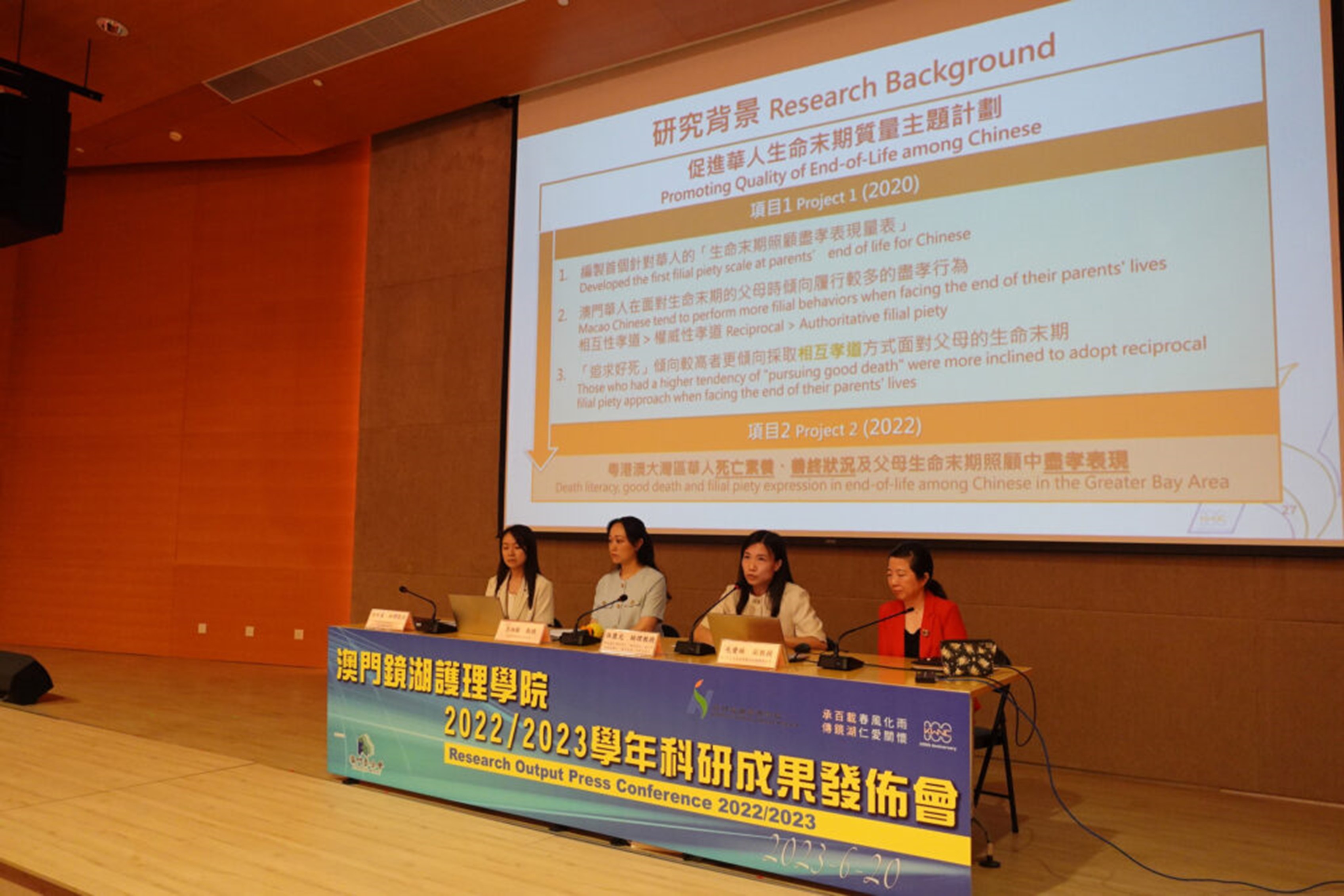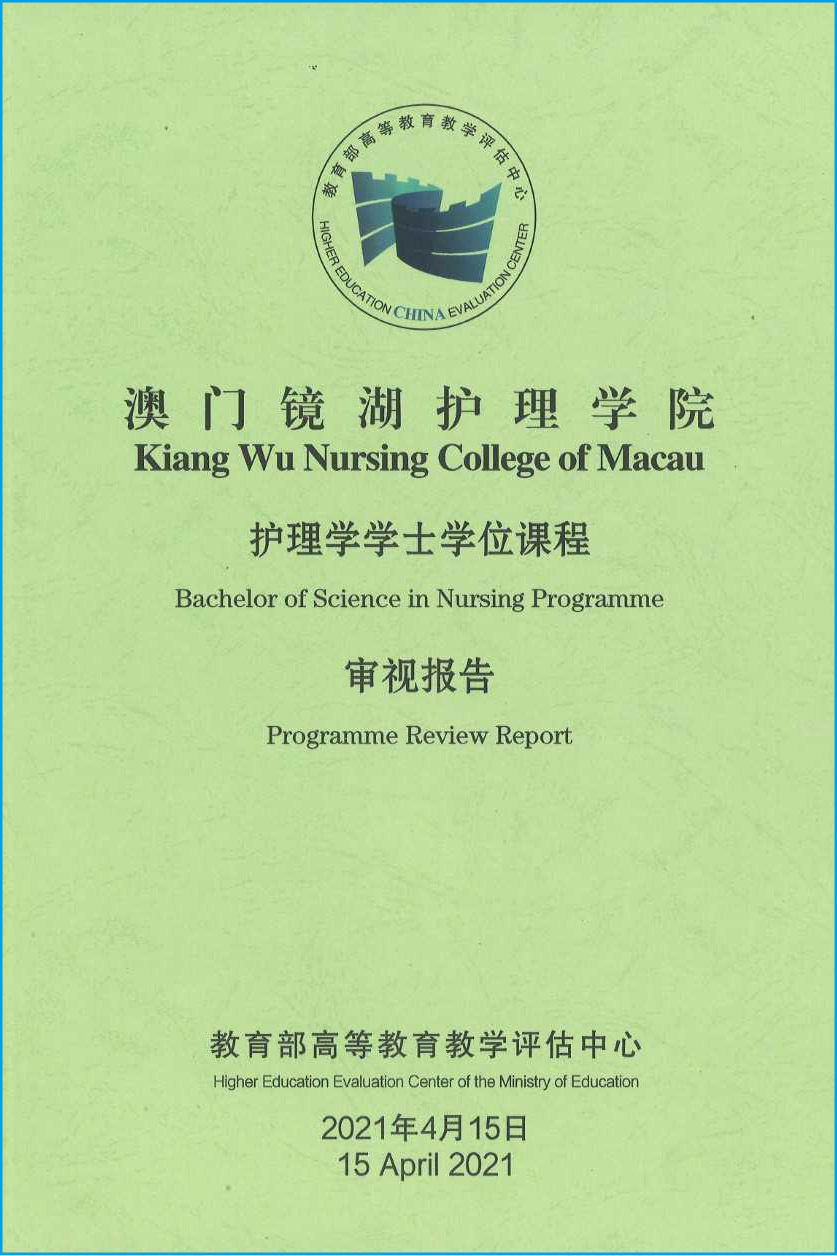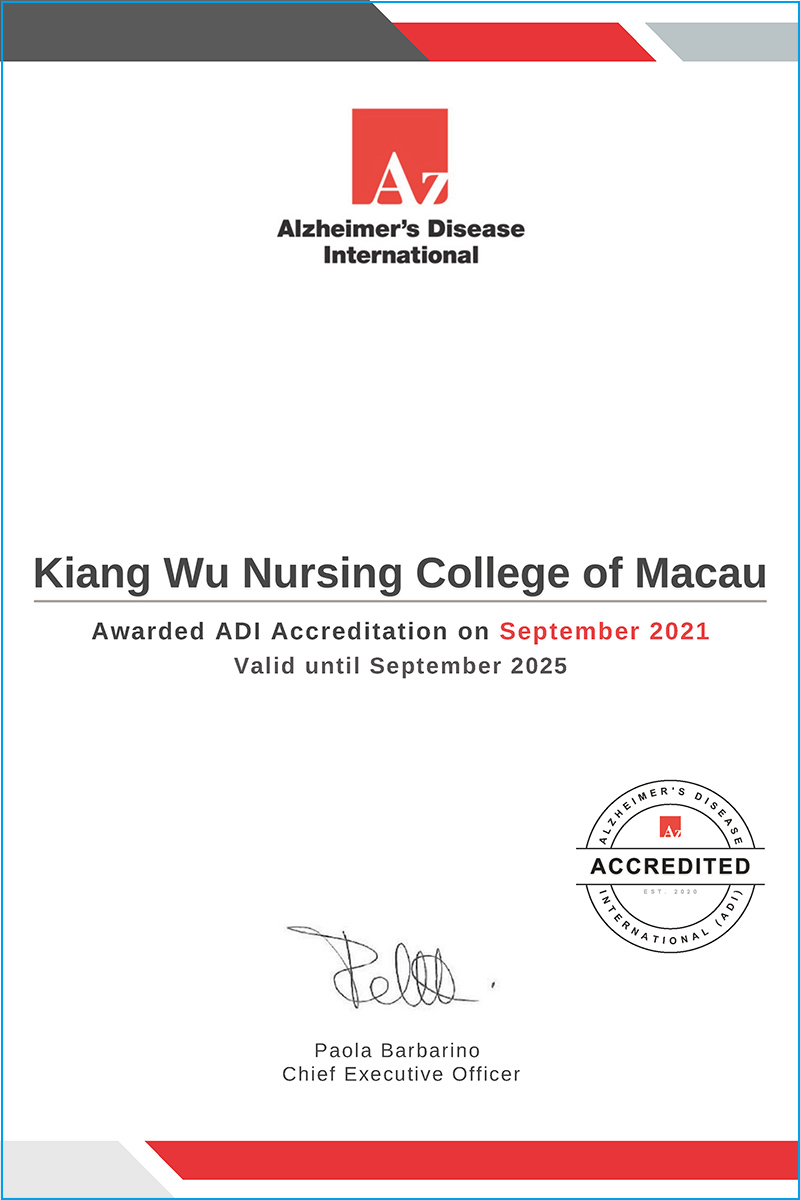
Filial piety is regarded as the core of traditional Chinese culture, which dominates the values and norms of the society and the family, but there is a lack of specific norms on how to fulfil filial piety in the end-of-life care of parents. This study conducted a questionnaire survey in five cities in the Guangdong-Hong Kong-Macao Greater Bay Area (GBA), including Hong Kong, Macao, Guangzhou, Zhuhai, and Jiangmen, to understand the mortality literacy of the Chinese resident population in these areas, and their definition of filial piety in the face of end-of-life care. It was found that respondents' knowledge and skills in coping with death were mainly enhanced through personal experience of bereavement or grief, and there was insufficient awareness of end-of-life care resources in the community. The research team suggests that the government should develop community hospice and end-of-life support services through the healthcare, social support and education systems when planning livelihood policies. In addition, community partnerships should be established to strengthen the end-of-life support system, and public awareness of death should be enhanced through comprehensive life and death education. The results have been published in "BMC Public Health", "Palliative and Supportive Care", "Frontiers in Public Health" and "Chinese Medical Ethics".
(Research team: Assistant Professor Ng Wai I; Lecturer Li Xiang; Professor Zhu Ming Xia; Assistant Researcher Che Sok Leng of Kiang Wu Nursing College of Macau)
Strive for Competence and Integrity
Serve with Professionality and Care
Contact Us




 Tel: (853) 8295 6200
Tel: (853) 8295 6200 Fax: (853) 2836 5204
Fax: (853) 2836 5204 Email: admin@kwnc.edu.mo
Email: admin@kwnc.edu.mo
Institutional Accreditation (IA) &Nursing Education Accreditation
 |
 |
 |
| The Quality Assurance Agency for Higher Education (QAA): Institutional Accreditation |
The Motherland's Education Quality Evaluation Agency of the Ministry of Education:
Nursing Education Accreditation |
Course provider of Alzheimer's Disease International (ADI) |
Copyright © 2024 KIANG WU NURSING COLLEGE OF MACAU










